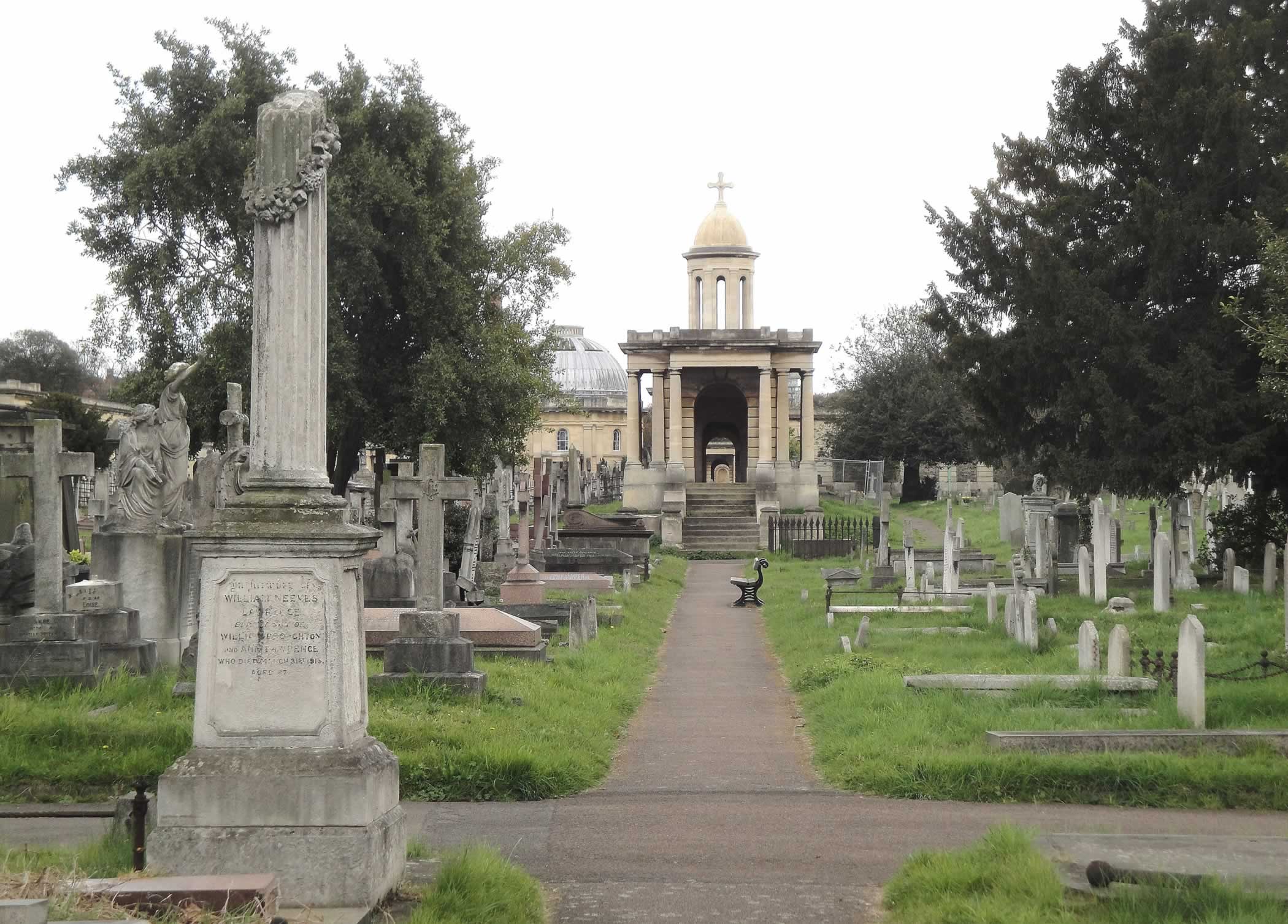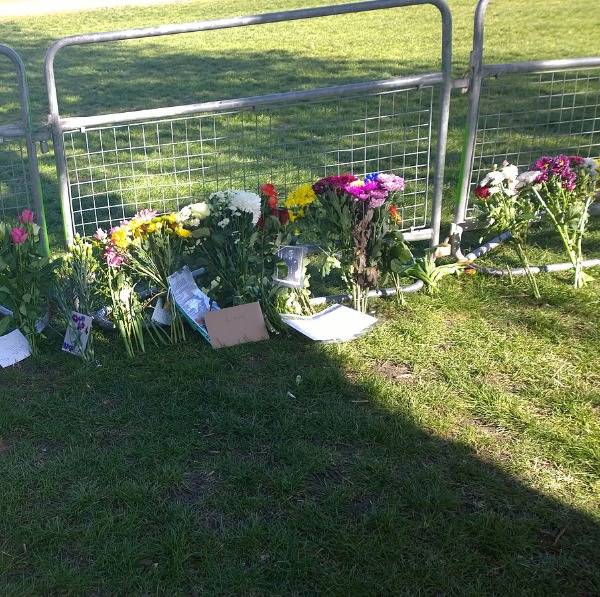 I was told once that the best way to know a city is to get lost in it. I can't say if this is a universal truth but with my truly terrible sense of direction I've had plenty of chances to put it to the test. It was just this Monday that I made my favourite finding to date. Bumbling around the mean streets of Chelsea, lost and late for a lecture, I took a shortcut through Brompton Cemetery and turned a five minute shortcut into a 30 minute stroll, stopping at the most interesting graves, walking around the different mausoleums and ensuring I was more than fashionably late for that lecture.
I was told once that the best way to know a city is to get lost in it. I can't say if this is a universal truth but with my truly terrible sense of direction I've had plenty of chances to put it to the test. It was just this Monday that I made my favourite finding to date. Bumbling around the mean streets of Chelsea, lost and late for a lecture, I took a shortcut through Brompton Cemetery and turned a five minute shortcut into a 30 minute stroll, stopping at the most interesting graves, walking around the different mausoleums and ensuring I was more than fashionably late for that lecture.
The cemetery houses the mouldering great and the decaying good of 19th and early-20th century London and long ago reached capacity. But what made me pause in the place was not so much the architecture of the various stone monuments as gaining a snapshot of how people had chosen to have themselves, or their loved ones, remembered. To sum up one's life in the space of a gravestone, perhaps the length of a tweet, is surely impossible and yet something must be written. It was looking at the different attempts at this "summing up" that grabbed my attention for so long and got me thinking about how and why people pick certain graves. For those of you considering dying at some stage, here's my handy cut-out-and-keep guide to choosing your grave. After all – if you get it wrong, you won't get get the chance to change your mind.
The first consideration when choosing your final resting place is surely location. Residents of Brompton Cemetery clearly had this in mind by picking the leafiest, poshest area in the city. One of the saddest aspects of death is surely its democratic nature – it takes us all and treats us as if we were the same. By buying a really swanky location for your grave you ensure that future generations will know just how loaded you were. If you wouldn't be seen dead outside of SW, make sure you aren't.
Now after a long, hard life don't you deserve to decay in style? Cemetery chic is very much in for when you go under but choosing that perfect tomb isn't quite as simple as keeping up with latest from the Milan catwalk. You'll want a timeless classic, something that endures through the ages but is still totally "you" and stands out. This absolutely means that the traditional "rounded rectangle" gravestone is a no-no. Nothing says, "I really wasn't that much" like a miserable rounded rectangle – it's the jeans and t-shirt of the grave world and darling, you deserve better.
Not all budgets stretch to it but a tasteful, life-sized statue of an angel is a great way to express yourself and something many Brompton residents have given their seal of approval. Another really great investment that we at the Rationalist Association can't get enough of is a roof. Remember, your hair still grows after you die and you certainly don't want it getting wet. A classic choice is the mausoleum, a small house to keep you nice and dry during those winter months and really leave your mark on the landscape.
Lastly we come to the tricky part – what to write? This has to be the most personal part of the grave experience – just how can you leave that perfect final message to the world? Never fear, we at the Rationalist Association have some great tips to make your epitaph an epictaph. Remember that the ideal gravestone is a permanent business card; you want to make sure that people know just who's worm-gobbled remains they're walking past. Include any titles you may have like Sir, Lady and so on. I saw one person in Brompton who went so far as to mention their Oxford MA and the barrister firm they worked for – take an up-to-date CV to your local stone masons and see what they can do with it.
Once you've made it clear just who you were, how will you find those choice sentences that really encapsulate your life?
This could be quite a challenge but luckily there's a handy, one-size-fits-all solution to that; a Bible quote. Nobody wants to run the risk of having people disapprove of their choice of epitaph. By choosing a quote from the Bible, even if you don't believe in it in the slightest, you shield yourself from criticism and ensure you blend in nicely with the other Bible quotes on your neighbours' graves. Sorted.
So there's my guide to How To Look Good Dead, allowing you to remain fashionable right up to the end and beyond. By following these simple rules you really can take all of the hassle out of dying and finally begin to look forward to it.
But let's say, for the sake of argument, that there's another approach to death and another take on the Brompton Cemetery. The stoneworks today are giving way to the chisel-like wind and rain of a century, the carved statements of self-importance rendered increasingly illegible with passing years. The cemetery remains, as any other cemetery, a field of buried, indistinguishable skeletons; a congress of ex-people. It was this truth that, for me, held the real power of the Brompton Cemetery. The utter absurdity of so much of our existence is laid out in its coarse, stone-carved nudity. The gaping disconnect between the pompous monuments and the anonymous skeletons beneath them could well serve as a stark reflection of our own lives.
Our obsessions with collecting accolades and positions simply for keeping up appearances seem just as foolish as keeping a roof over our graves. What use is there in limiting our existence for the sake of the approval of others?
One final suggestion, next time you're out and about in the city: get lost.

